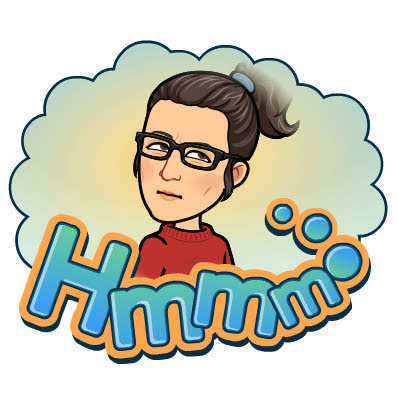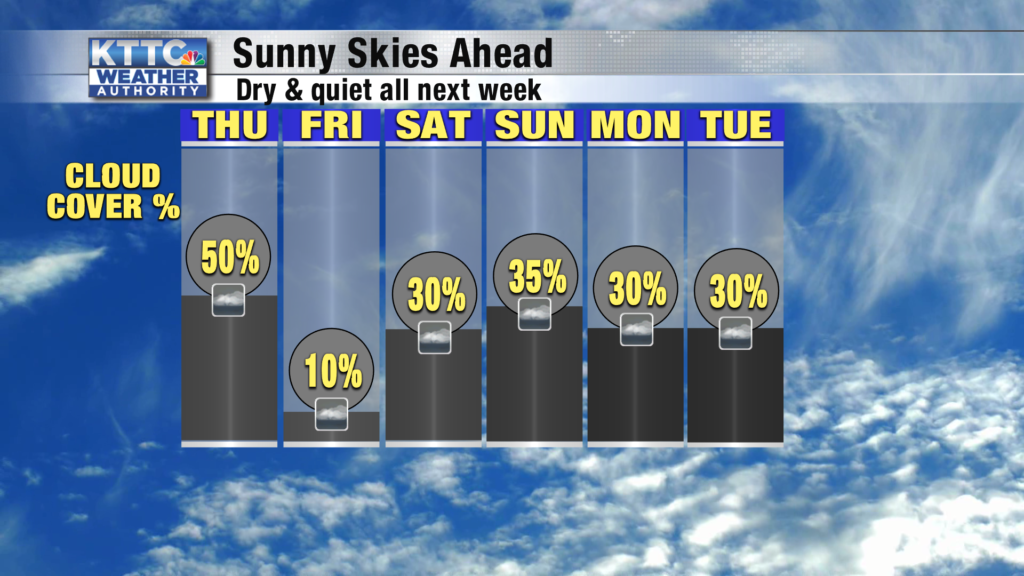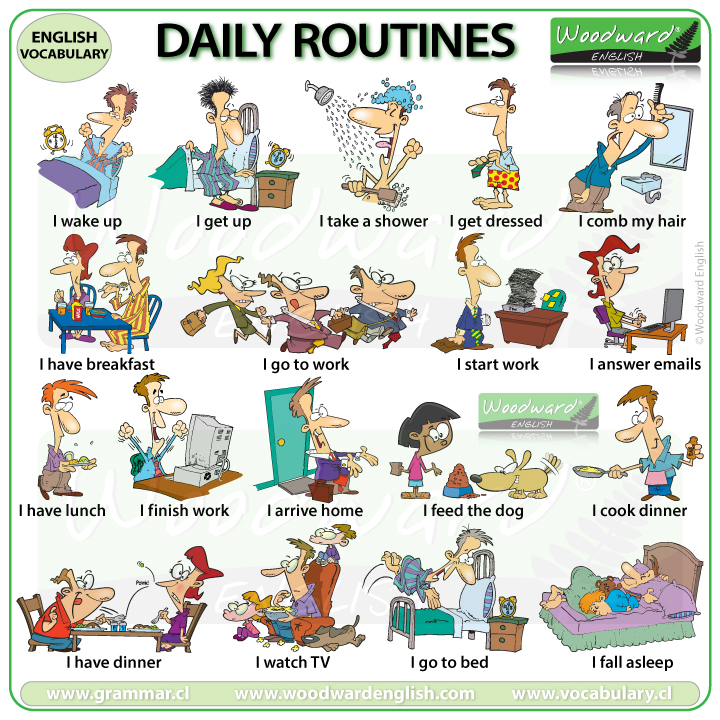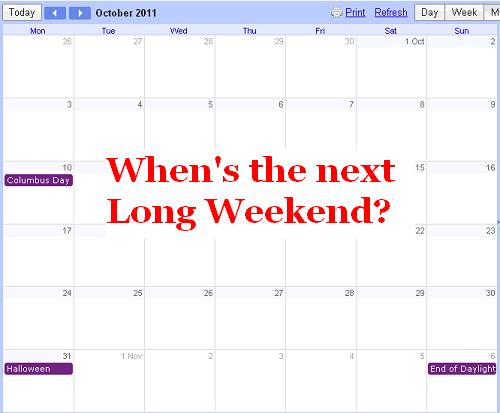
Understanding How to Use “Downtown” in English
Recently, a student was describing his weekend and said:
“We went to downtown to visit.”
Hmm… something’s not quite right.
Can we say that?

This little sentence inspired me to dig deeper into how “downtown” is used in American and British English — and the results were interesting!
🇺🇸 American vs. 🇬🇧 British English
The word “downtown” is commonly used in American English, but much less in British English. In fact, its use and grammatical role change depending on the variety of English and the context.
🧠 In American English, “downtown” is often used as:
🔹 An adverb (no preposition needed!)
Meaning: to or in the central part of a city
Examples:
- I’m going downtown now.
- She works downtown, but lives in the suburbs.
- We were stuck downtown in traffic.
✅ So instead of saying:
“We went to downtown to visit.”
You should say:
“We went downtown to visit.”
“Downtown” as an adverb does not need the preposition “to.”
🔹 An adjective (used before a noun)
Meaning: related to the central business district
Examples:
- A downtown hotel
- Downtown Los Angeles
- A downtown office building
Used this way, “downtown” describes where something is.
🏙️ In British English…
British speakers are more likely to say:
- “the city centre” or
- “the town centre”
Example:
- We went to the city centre to visit a museum.
They tend to use “downtown” only as a noun, and even that is rare or used in specific contexts.
🔹 As a noun
Meaning: the central part of a city
Examples:
- There’s a nice hotel in the heart of downtown.
- We walked around downtown for hours.
- The restaurant is two blocks from downtown.
Note: In this case, you can use a preposition like “in” or “from”, depending on the verb.
❗ So, what’s is the most important point to remember?
If you’re speaking American English, don’t say “to downtown.”
Instead, say:
✅ “We went downtown.”
Unless you’re using “downtown” as a noun (less common), which would allow for:
✅ “We went to the downtown area.”
✅ “We stayed in downtown.”
👉 Watch this short video explanation:
✍️ Try it yourself!
✅ Decide if the sentence is Correct or Incorrect — and if incorrect, fix it:
- We had lunch downtown.
- She went to downtown.
- I love downtown cafés.
- They moved downtown last year.
- He works in a downtown office.
- We explored the downtown.
Check your answers at the end!
💬 Creative Practice (Bonus)
Write a short paragraph or dialogue using at least three of these expressions:
- go downtown
- downtown store
- live downtown
- downtown traffic
- the heart of downtown
✅ Answers (Correct or Incorrect):
- ✅ Correct
- ❌ Incorrect → Correct: She went downtown.
- ✅ Correct
- ✅ Correct
- ✅ Correct
- ✅ Correct — In American English, “the downtown” is acceptable when “downtown” is used as a noun, e.g., “We explored the downtown (area).”
💡 For a more natural version of sentence 6, you could also say:
“We explored downtown.”
🗺️ So how do we say that we went to visit a new city and wanted to see its downtown?
There are a few natural ways to say this in English, depending on how “downtown” is used:
- ✅ “We went downtown to visit.” (adverb)
- ✅ “We drove downtown to visit.” (adverb)
- ✅ “We went to downtown Luiz Alves to visit.” (adjective – modifying a proper noun)
- ✅ “We went to visit the downtown of the city.” (noun)
Each version is grammatically correct — just remember the structure depends on how “downtown” is functioning in the sentence.







